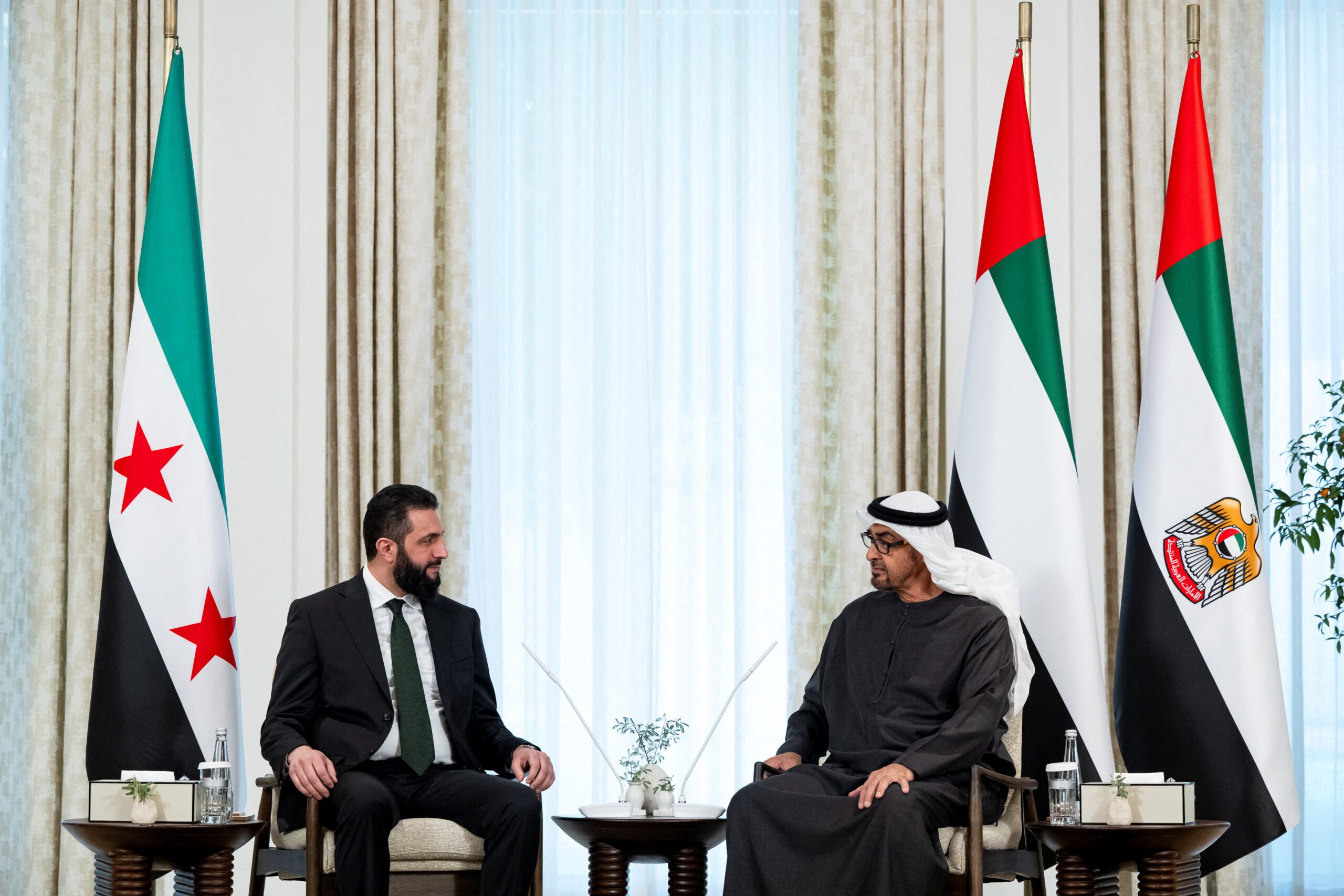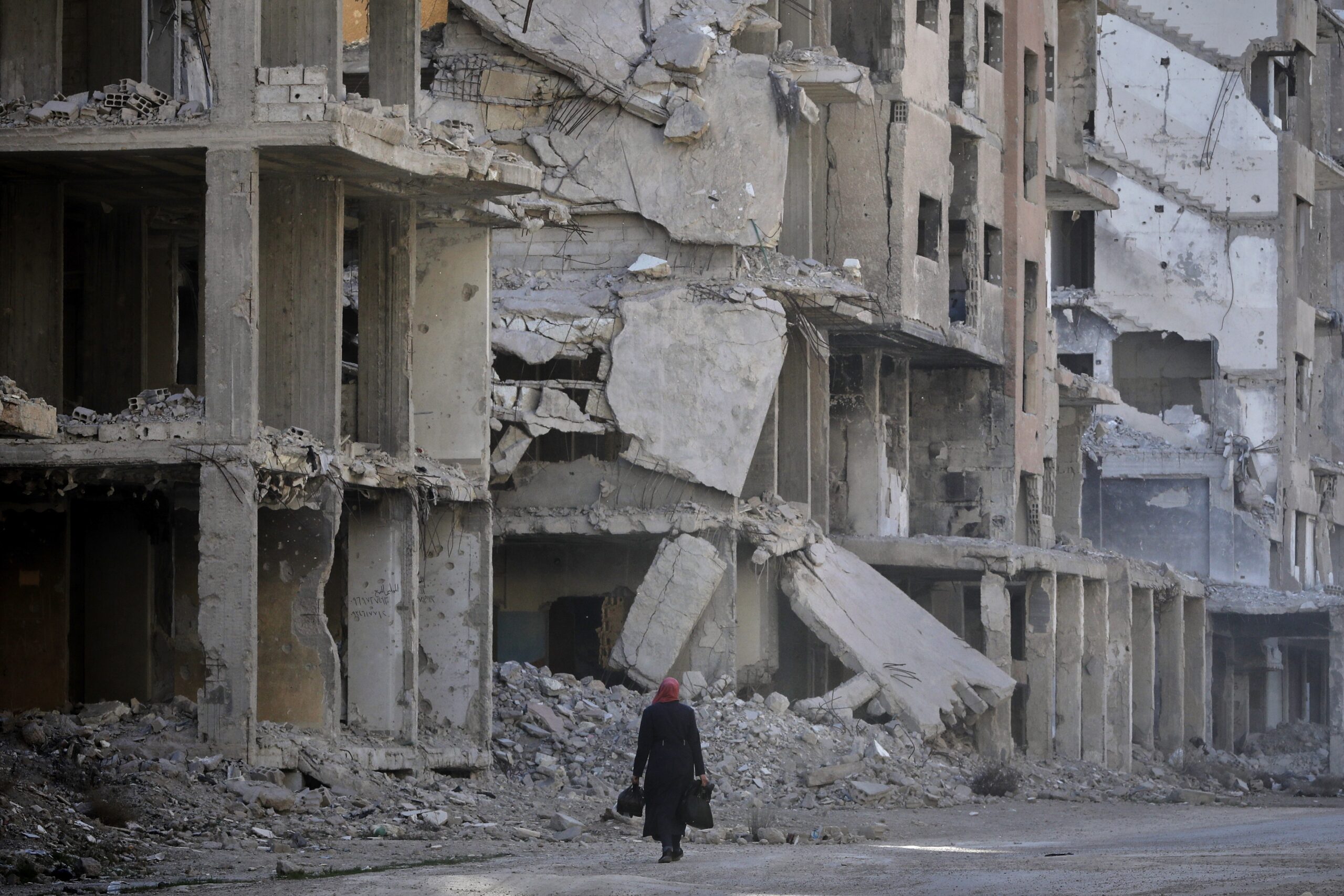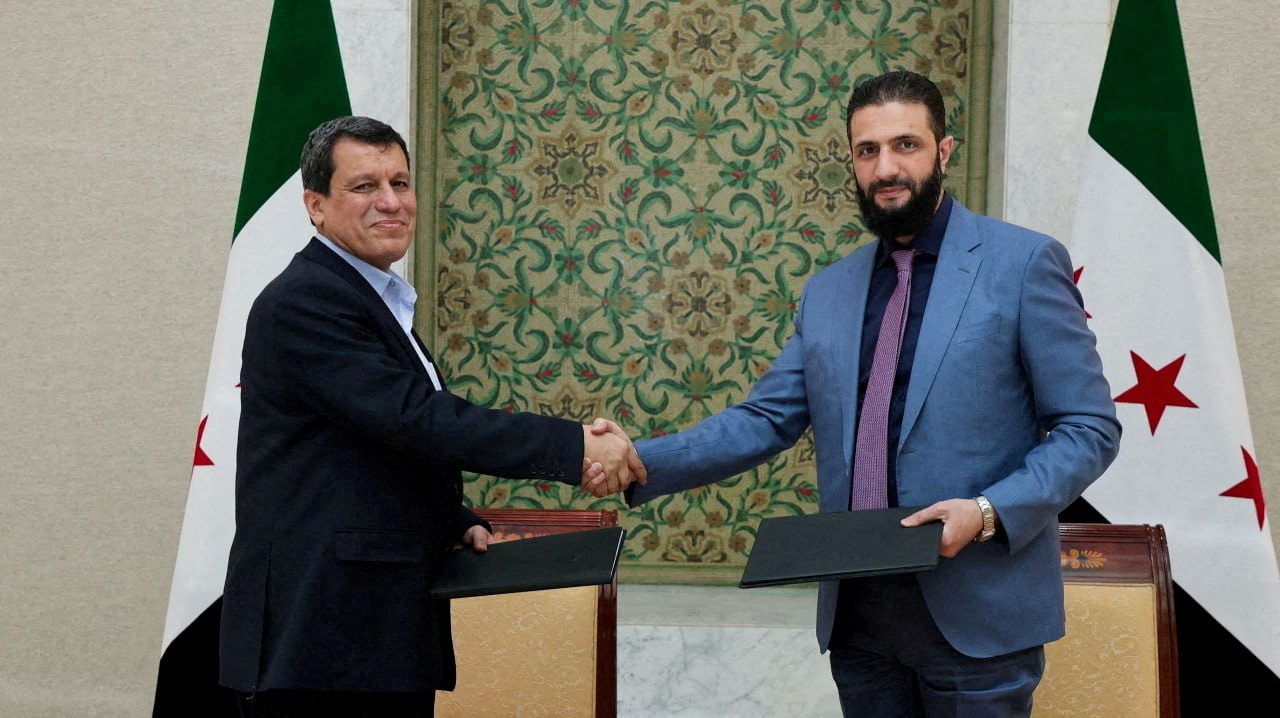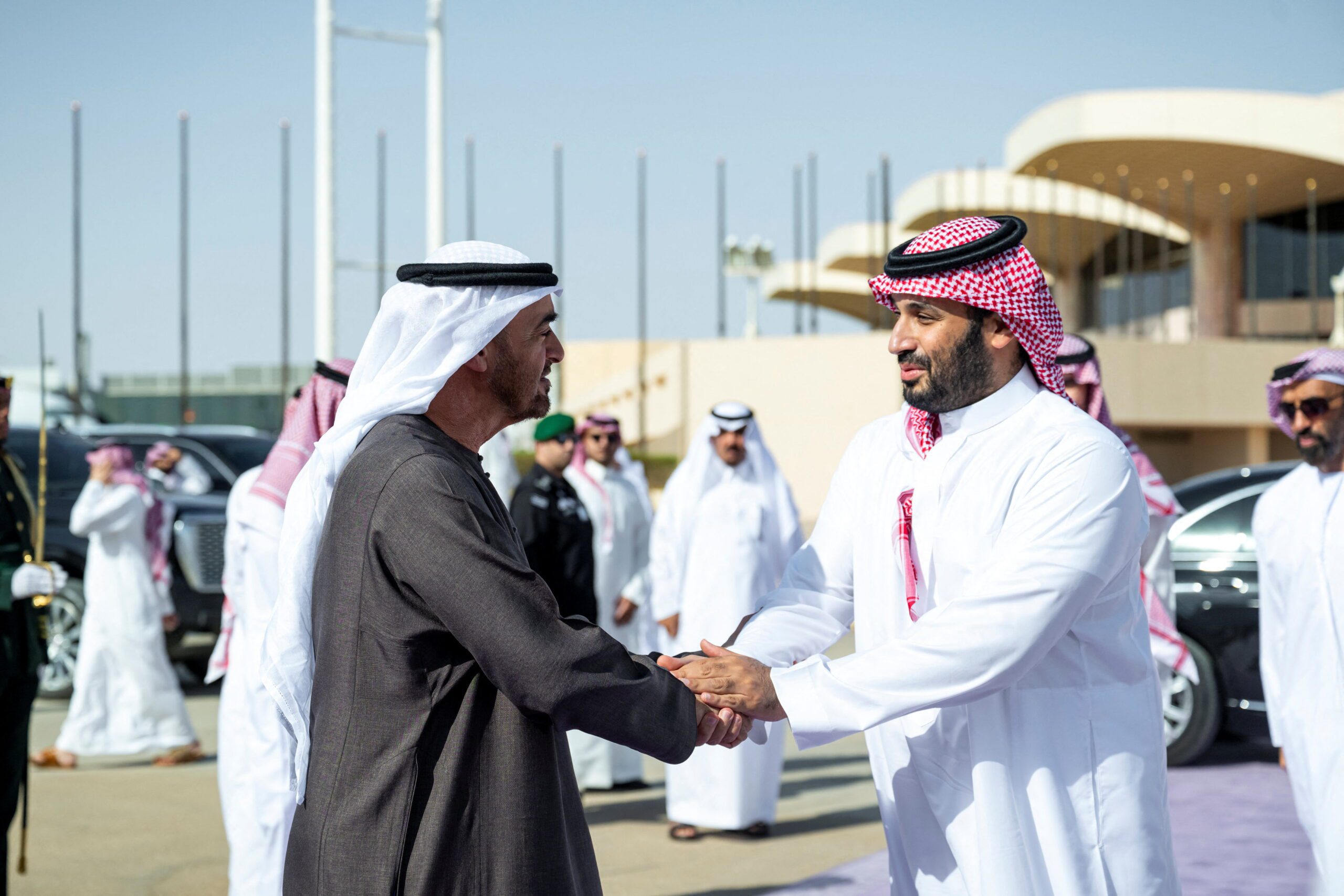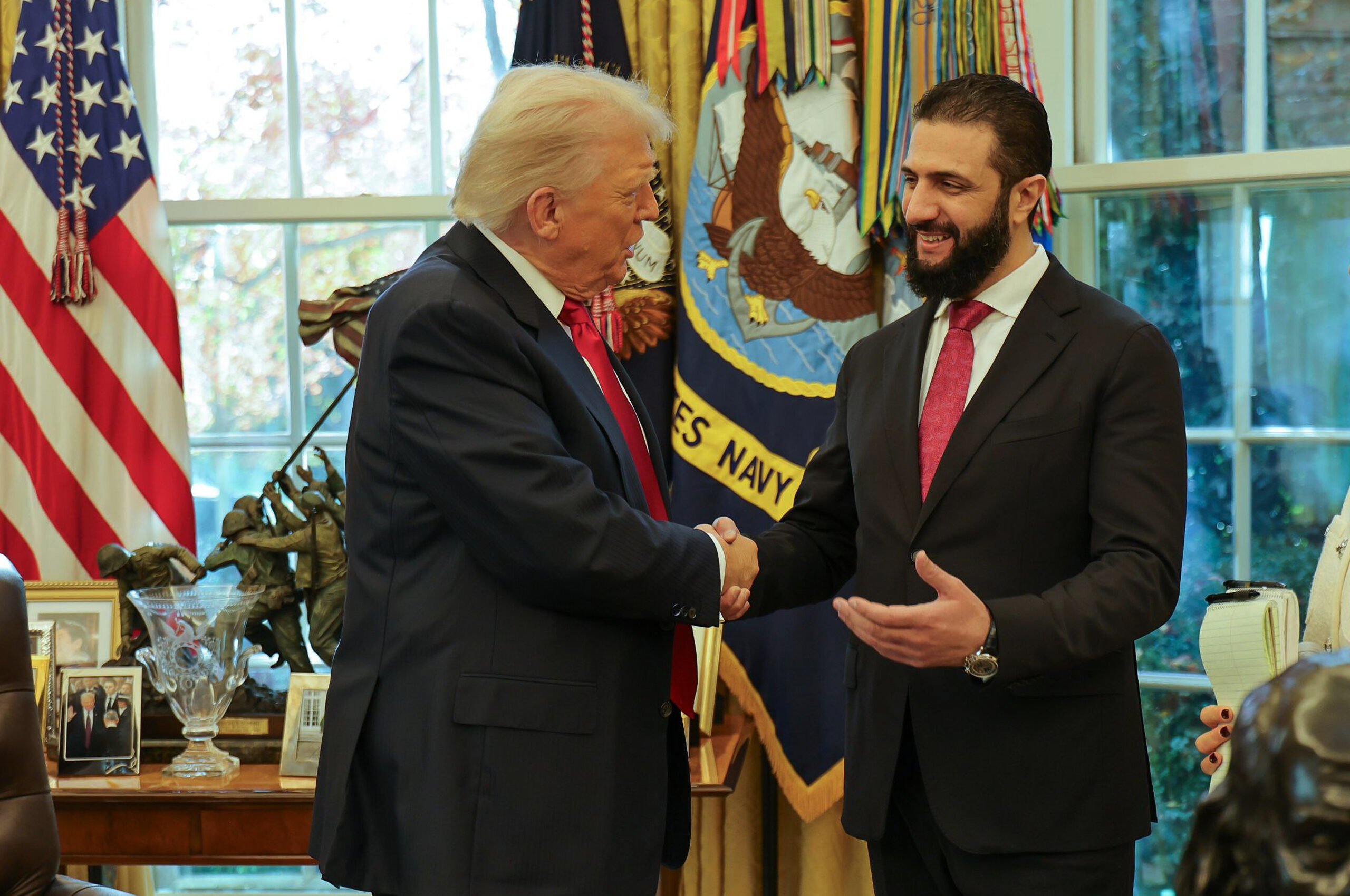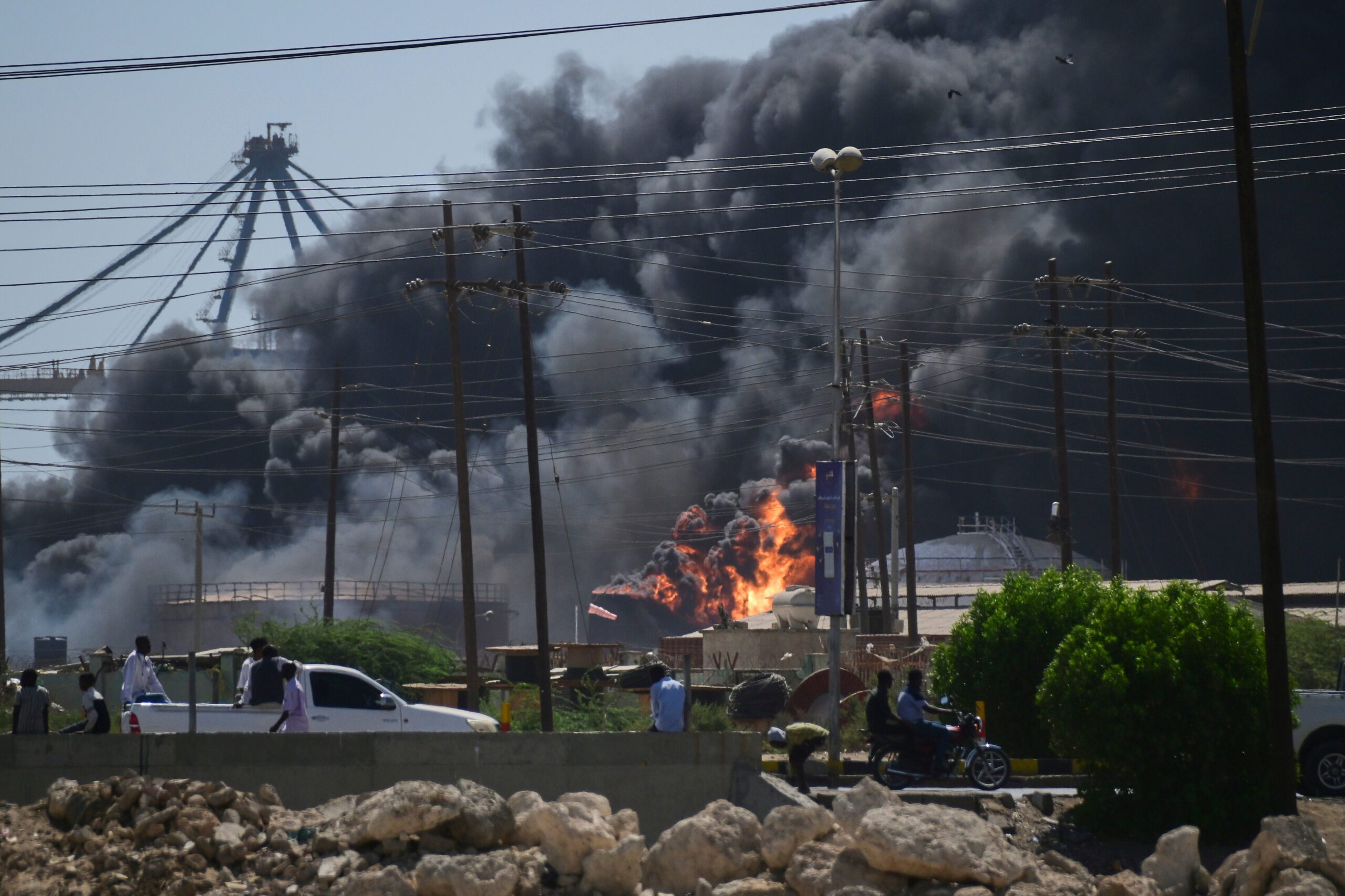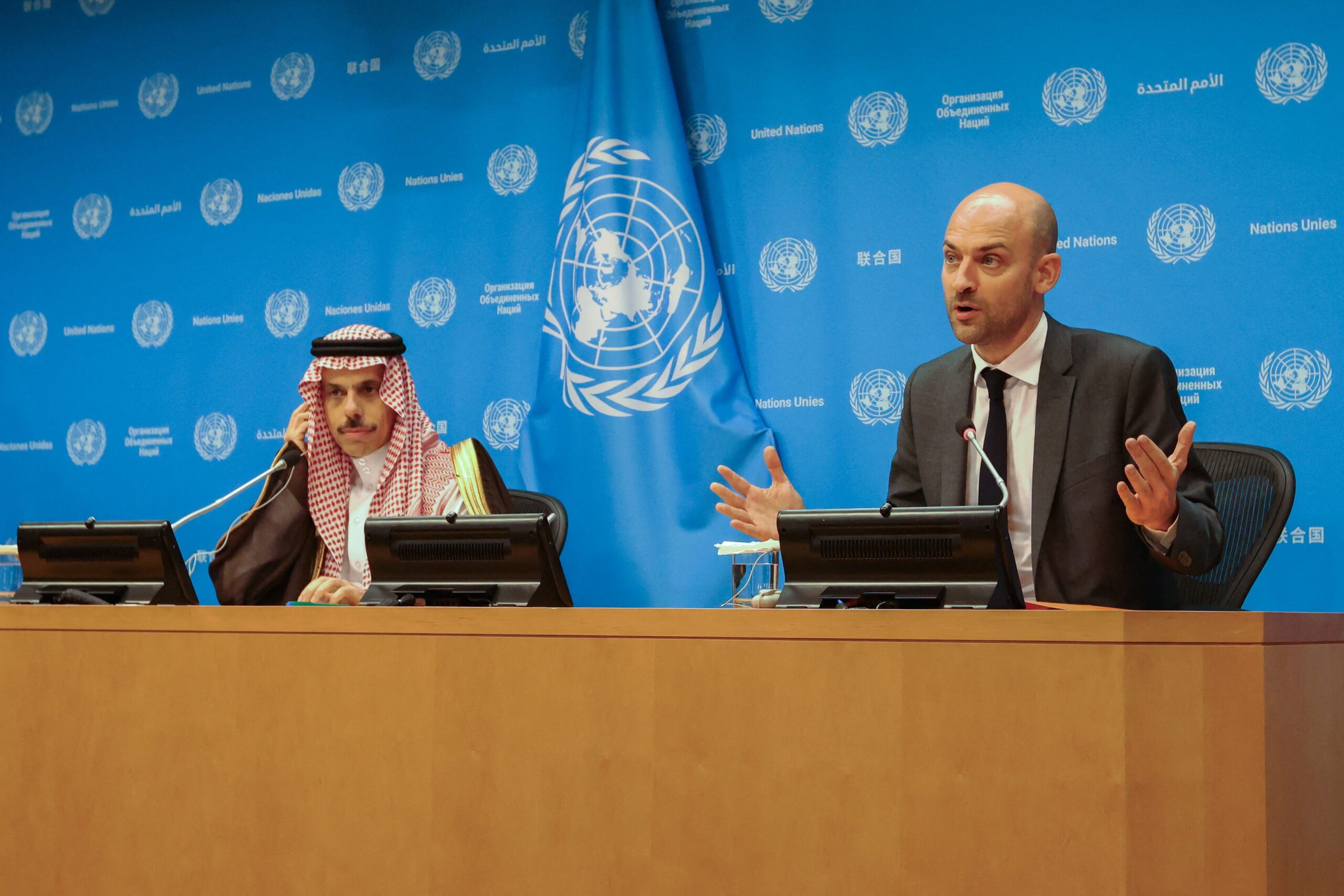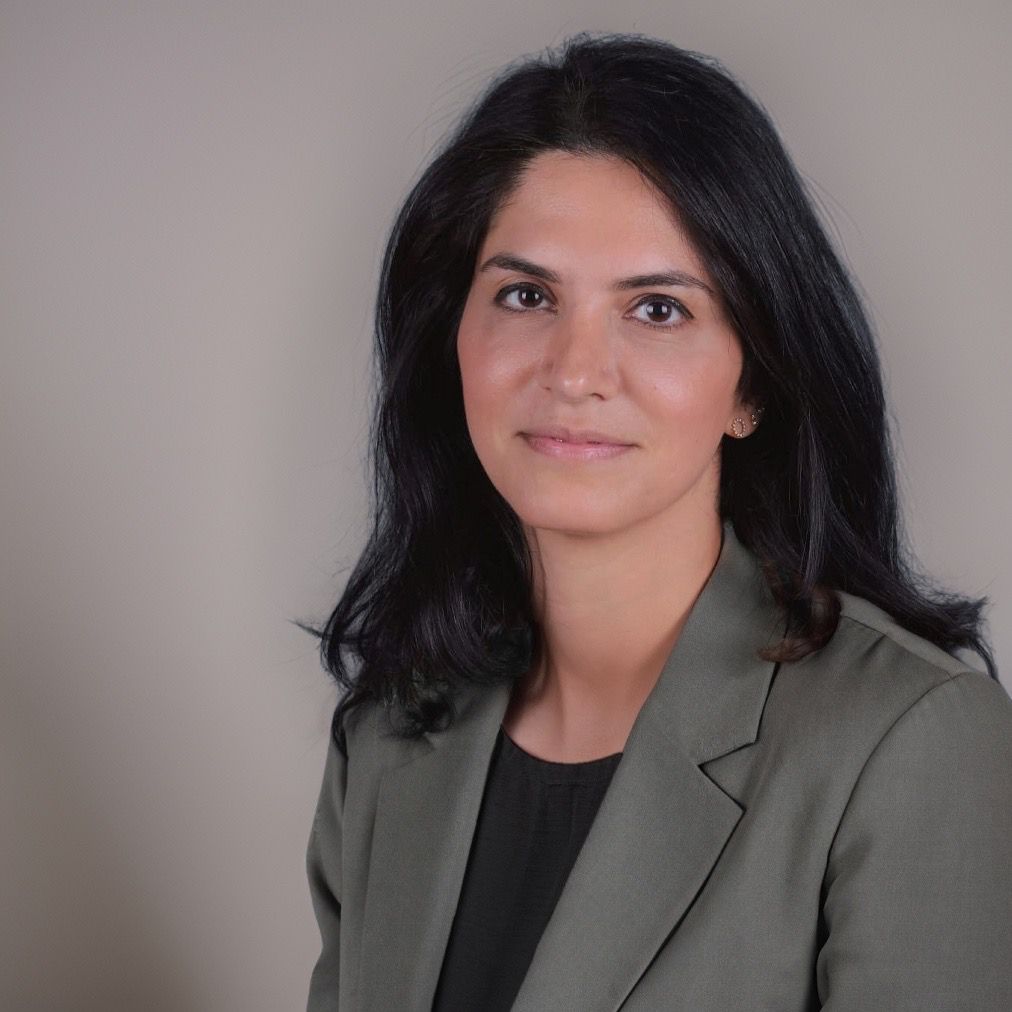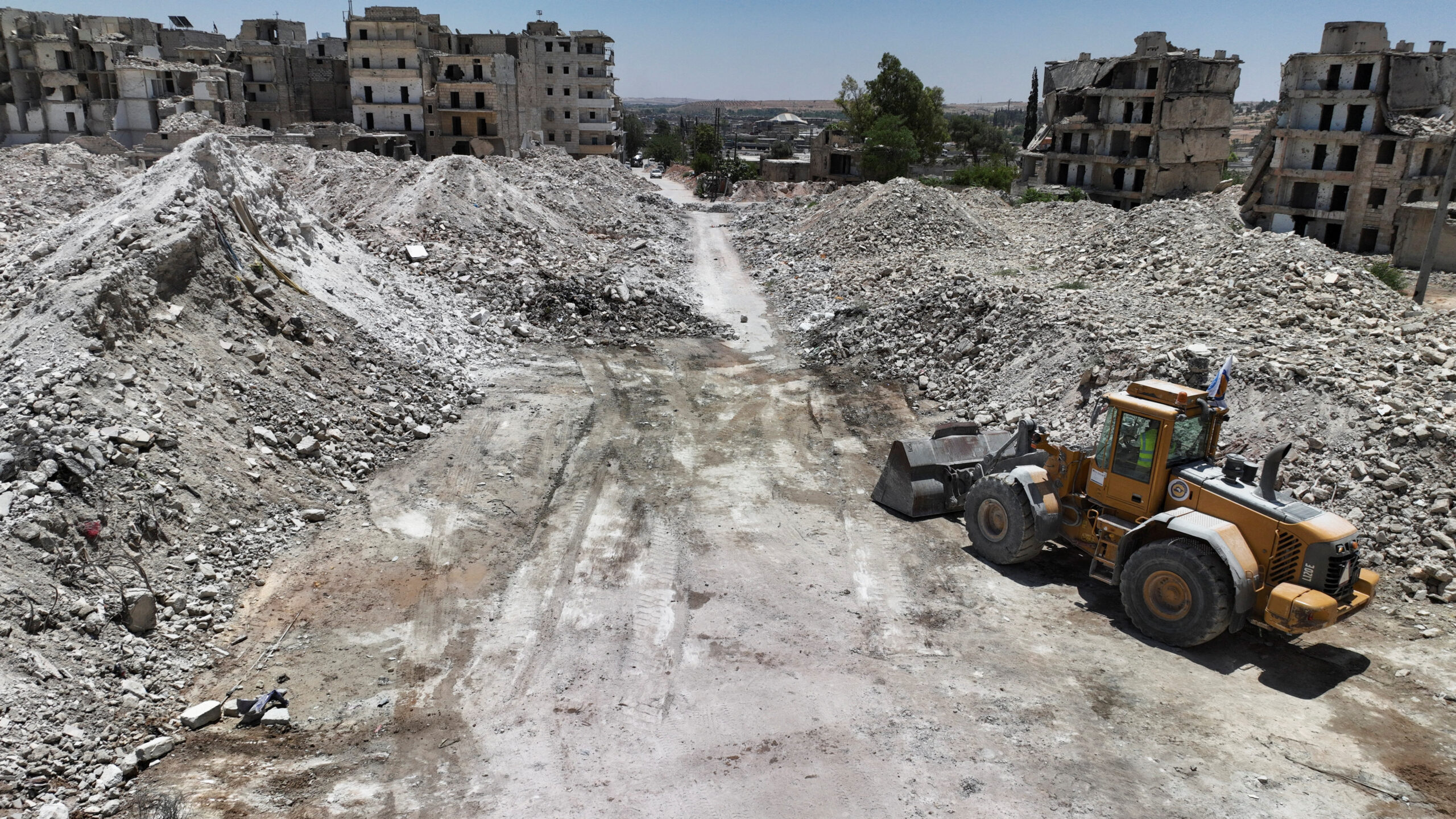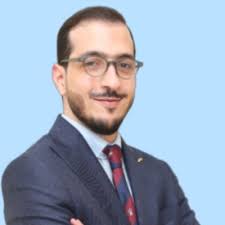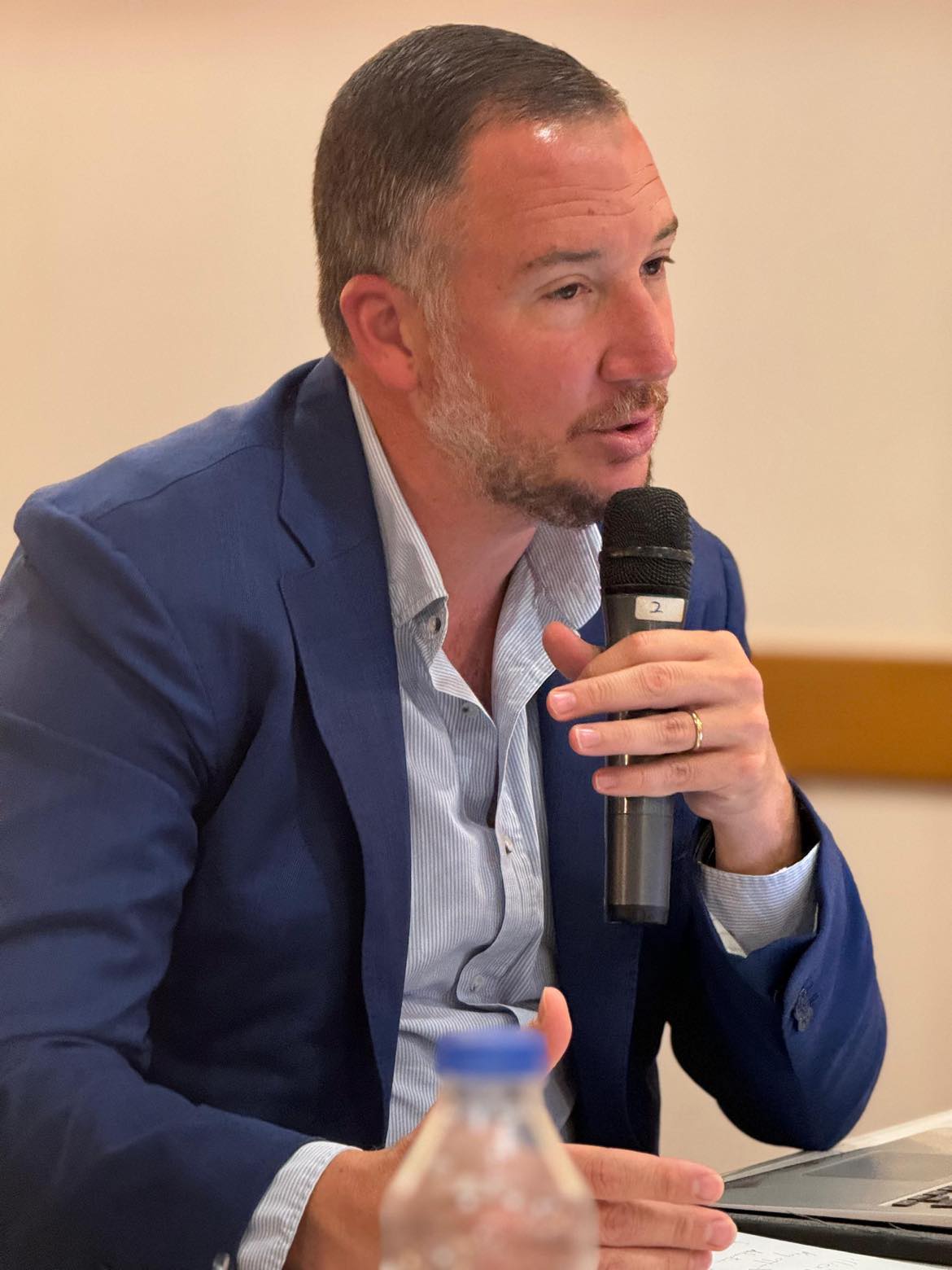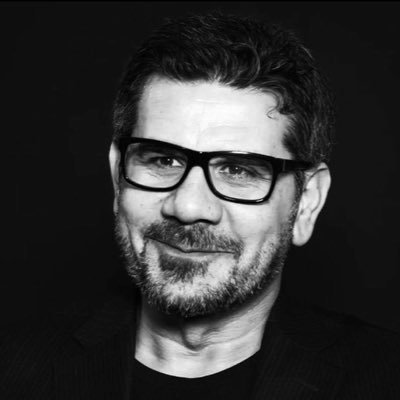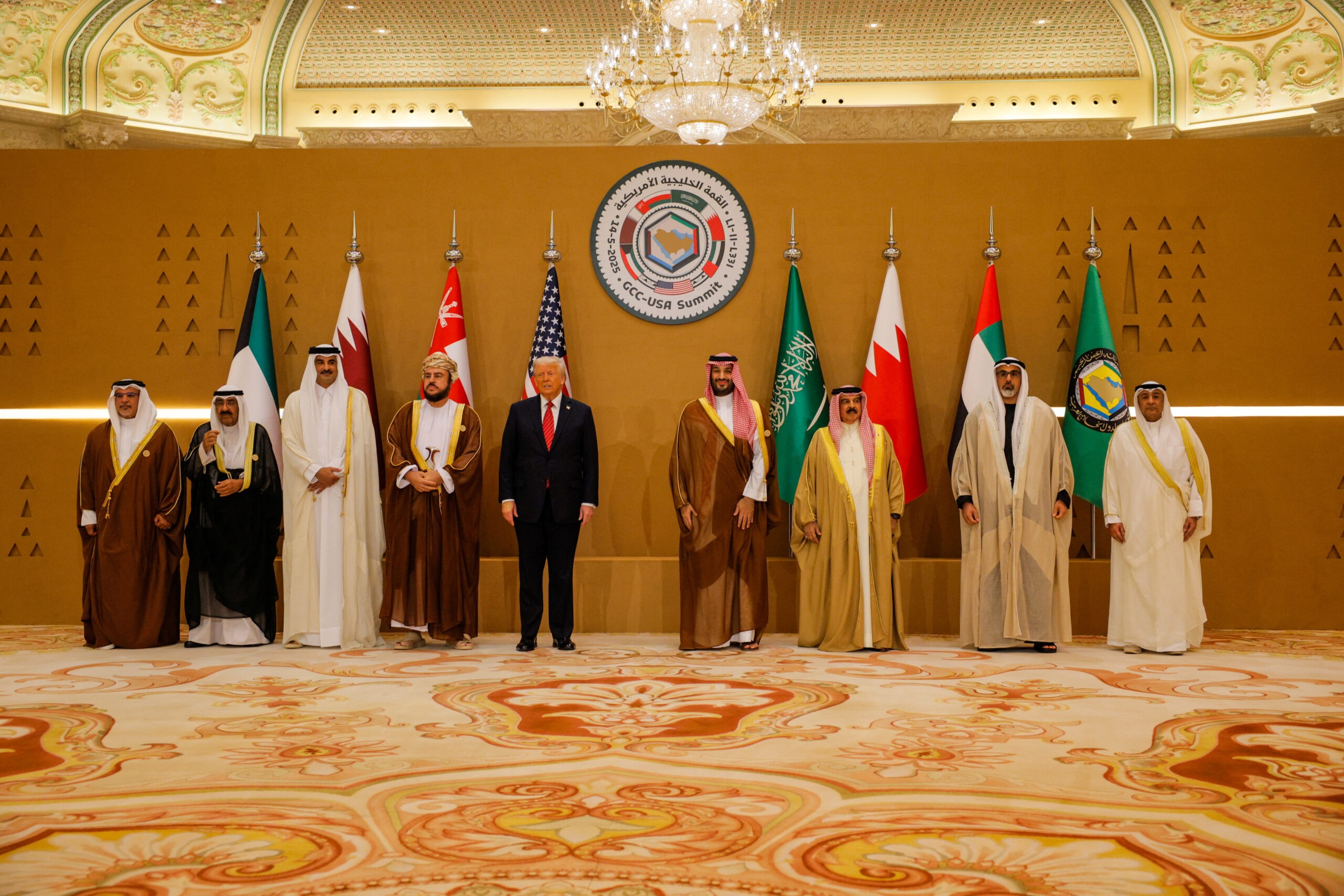Mr. Sharaa Goes to Washington
While the Syrian president is the one coming to Washington, he and President Trump each have flipped the script, surprising skeptics with bold action and fresh approaches, opening a desperately needed conversation on Syria.
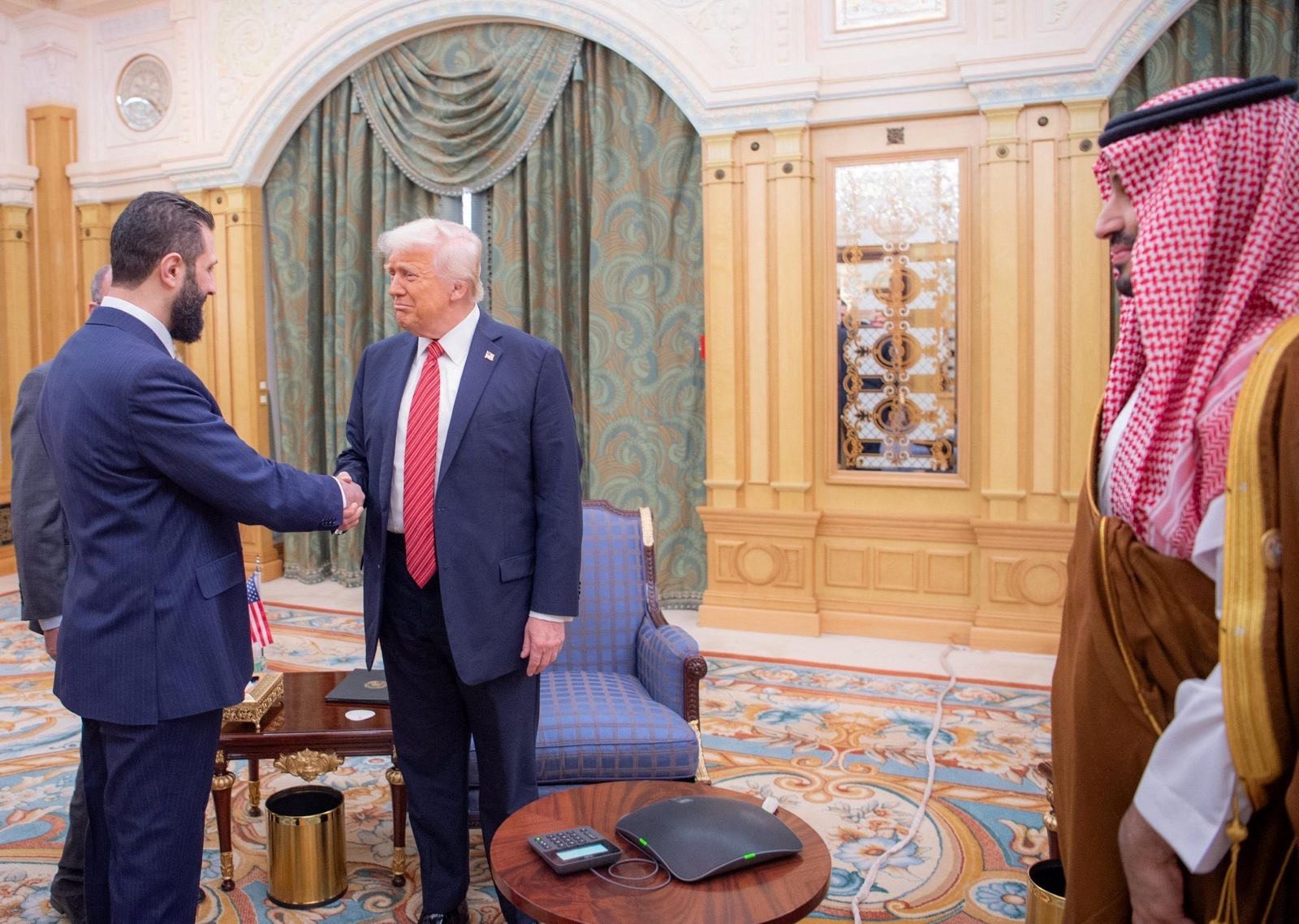
In the most dizzying development yet in the dramatic reversal in U.S.-Syrian diplomatic relations that started in May in Saudi Arabia, Syrian President Ahmed al-Sharaa is set to visit Washington November 10 and be received at the White House by President Donald J. Trump. No previous Syrian president has made such an official visit to Washington. Sharaa is expected to sign an agreement to join the Global Coalition to Defeat ISIS. Media accounts November 6 reported that the United States is preparing to establish a military presence on the outskirts of Damascus that would include a runway adequate to land U.S. military aircraft. Such a military arrangement is likely to be highlighted during the visit. There is also the possibility that Sharaa will meet with some congressional leaders, although the U.S. government shutdown, if it continues, could make such contact more difficult.
This monumental breakthrough in diplomatic developments between the two countries was jumpstarted by Sharaa and Trump’s initial meeting May 14 in Riyadh, under the watchful eye of Crown Prince Mohammed bin Salman, who arranged that meeting. U.S. Special Envoy for Syria – and U.S. Ambassador to Turkey – Thomas Barrack has been meeting periodically with Sharaa and paving the way for this Washington visit over the past five months.
Joining the Fight Against ISIS and Opening a U.S. Air Base
The expected agreement for Syria to join the Global Coalition Against ISIS will formally align Sharaa’s government with the Trump administration on counterterrorism and with some 85 other countries and international organizations. While the Syrian Democratic Forces in northeastern Syria have been the indispensable U.S. partner in the long fight against the Islamic State group in Syria, Sharaa’s and his commanders’ jihadi roots – and their previous, sometimes violent feuding with ISIS – are thought to equip them well to engage in the counter-ISIS effort as well, in areas where ISIS has sought refuge outside SDF control. It is unlikely, despite any U.S. government preference, that in the upcoming phase, the Syrian government will assume control of the thousands of ISIS fighters detained by the SDF in makeshift prisons in the northeast or take responsibility for their thousands of family members housed in several sprawling camps assumed to be breeding grounds for further extremism. However, this agreement should serve as a useful building block for strengthening the bilateral relationship. The preparatory effort between the two sides for the counter-ISIS agreement likely also helped pave the way for the air base agreement.
The initial reporting on the air base has described it as designed to position the United States to monitor an anticipated security agreement Syria has been negotiating with Israel over the past several months. While media accounts report the two sides are close to agreement, sources in the region questioned that assessment, despite active U.S. mediation and Sharaa’s statements at the United Nations General Assembly in September expressing support for such an agreement. The ongoing Israeli incursions, with hundreds of reported attacks, have begun to embitter the Syrian leadership and led to a degree of harsher rhetoric by Sharaa as he gauges public anger. While the United States has made clear it would like to see Syria eventually sign on to the Abraham Accords, there seems to be an understanding that conditions are not yet ripe for Syria to normalize relations with Israel.
Will the Sanctions Be Unbroken?
Other elements under discussion by U.S. and Syrian officials are also not expected to be ready for formal agreement during the visit, although they will likely form part of the discussion. A top priority for the Syrian side is the formal, permanent lifting of U.S. sanctions on Syria. While Trump announced the initial steps to lifting the layers of sanctions on Syria in late June, the stringent Caesar Syria Civilian Protection Act can only be waived in six-month increments until Congress formally repeals the legislation. Syrian businessmen and officials complained to AGSI that the temporary waivers are not sufficient to convince banks and potential investors in the region and more broadly that it’s safe to reengage with the Syrian financial system. Sharaa is expected to urge Trump to continue pressing hard on Congress to take permanent action. The Senate has voted to repeal the legislation but some House members have delayed, citing deadly rounds of sectarian violence in the spring and summer as cause for concern.
Kurds, Diplomats, and Other Issues
Also up for discussion but unlikely to see definitive resolution is the issue of integrating the Kurdish-led SDF into the national military forces Sharaa’s government has been constituting since it took power in December 2024. While the two sides reached a bare-bones framework agreement for integration in March, implementation that respects the central government’s insistence on sovereignty and the SDF’s demand for retaining centralized command of its forces has proved elusive. Syrian officials have expressed frustration with SDF stalling and the SDF has countered with accusations that it is being rushed, while Barrack has expressed understanding for each side’s position and reiterated confidence that they can work things out. There is concern in the region that if integration does not occur by year’s end, Turkey may act on its concerns about the SDF and renew military attacks on these forces to compel them to integrate or scatter.
One issue that hangs in the balance is that of the United States reopening its embassy in Syria. Trump could make this move with straightforward executive action. The United States closed its embassy in 2012 and severed diplomatic relations. In May, Barrack took the charged but informal action of reopening the U.S. ambassador’s residence, but the United States has not reopened its embassy or returned U.S. diplomats. While this action could be included as part of the deliverables for the visit, it has not been publicly telegraphed.
Other issues on which the United States could seek follow up include finding missing Americans thought to have been kidnapped by ISIS, destroying any remaining stocks of chemical weapons left behind by the regime of former President Bashar al-Assad, and addressing any lingering concerns about foreign fighters in the ranks Sharaa’s forces and any militant Palestinian group leaders still based in Syria. Barrack expressed appreciation in the spring for Syrian government action on the latter two issues. One security issue raised by officials in the region with AGSI, but unlikely to be highlighted by the U.S. side, has to do with the need for ramped up policing and strengthening of the courts to give people more of a sense of personal security. If the issue isn’t addressed, there is the danger of spikes in criminal activity and more acts of vengeance that could spiral.
It’s possible Sharaa may try to encourage U.S. engagement on investment in Syria. Some officials in the region told AGSI that the Syrian leader might suggest U.S. investment in Syria’s energy sector or other areas. While rebuilding Syria is going to be a monumental task, Sharaa is convinced that foreign investment based on profit seeking is the best way to approach reconstruction. Several officials in the region who have met with Sharaa noted being impressed with his technocratic chops and nonideological mode of expression given his jihadi background. They also said he understands that Trump’s first principles are focused on the transactional: Sharaa appreciates that approaching the subject of rebuilding Syria in this return-on-investment context is much more likely to engage the U.S. president’s attention.
Optics as the New Substance
In the end, this visit may be heavy on the optics and much lighter on substantive deliverables. Nonetheless, the visit will be of significant benefit to the Syrian leader. As the world watches and key countries – those who command aid flows, investment ventures, diplomatic clout, and potential security support – gauge how aggressively they should ramp up engagement with the new regime in Damascus, a warm reception at the White House will certainly do no harm and will likely nudge some fence-sitters to be more helpful and summon up a bit more enthusiasm. While Sharaa is the one coming to Washington, he and Trump each have completely flipped the script. Working with key regional allies, surprising skeptics with bold action, and upending stale policy assumptions and calculations with fresh approaches, they have opened a desperately needed conversation on Syria. In geopolitics in a tough neighborhood, with a destroyed country as the backdrop and a long-suffering people foregrounded, nothing is guaranteed. But, as official visits go, this one holds promise.
The views represented herein are the author's or speaker's own and do not necessarily reflect the views of AGSI, its staff, or its board of directors.


